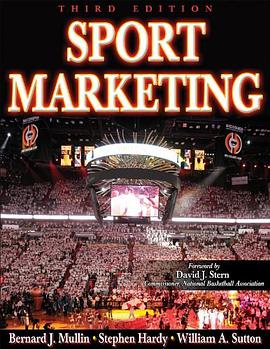

具体描述
This work seeks to chart what happens in the embodied minds of engaged readers when they read literature. Despite the recent stylistic, linguistic and cognitive advances that have been made in text processing methodology and practice, very little is known about this cultural-cognitive process and especially about the role that emotion plays. Burk's theoretical and empirical study focuses on three central issues: the role emotions play in a core cognitive event like literary text processing; the kinds of bottom-up and top-down inputs most prominently involved in the literary reading process; and what might be happening in the minds and bodies of engaged readers when they experience intense or heightened emotions: a phenomenon sometimes labeled 'reader epiphany.' This study postulates that there is a free-flow of bottom-up and top-down affective, cognitive inputs during the engaged act of literary reading, and that reading does not necessarily begin or end when our eyes apprehend the words on the page. Burke argues that the literary reading human mind might best be considered both figuratively and literally, not as computational or mechanical, but as oceanic.
作者简介
目录信息
读后感
评分
评分
评分
评分
用户评价
相关图书
本站所有内容均为互联网搜索引擎提供的公开搜索信息,本站不存储任何数据与内容,任何内容与数据均与本站无关,如有需要请联系相关搜索引擎包括但不限于百度,google,bing,sogou 等
© 2026 book.wenda123.org All Rights Reserved. 图书目录大全 版权所有




















